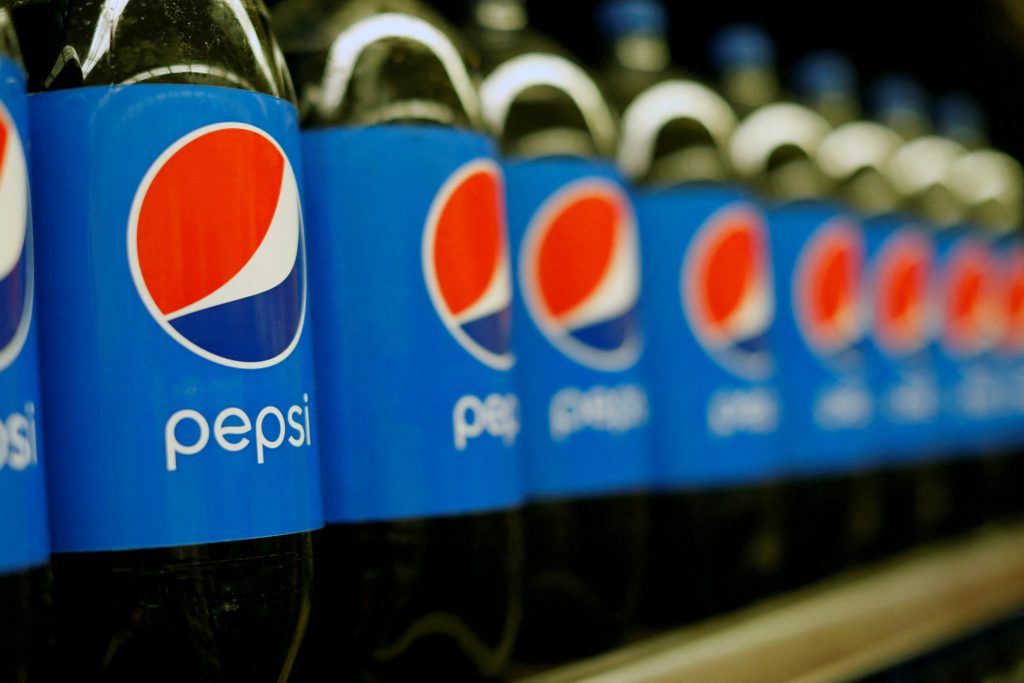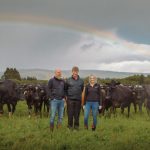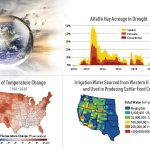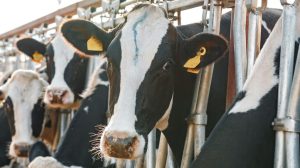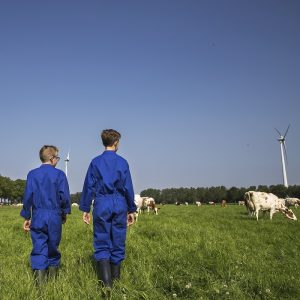
Corporate supply chains are under scrutiny as regulators and investors increasingly consider environmental and social impacts, and as consumers worry about climate change and biodiversity loss.
Environmental groups last year found that Jakarta-based palm oil producer Astra Agro Lestari (AAL) did not obtain consent from local communities before claiming land, improperly disposed of waste and cleared areas leading to flooding in Indonesia.
The findings spurred some major consumer products and packaged food manufacturers, which widely use palm oil, to cut ties with the agricultural company.
AAL late last year said it would appoint “an independent third party to review the allegations and any other issues that may arise in relation to them,” and will publish the findings of the review, following the NGO’s report.
Doritos maker PepsiCo and FrieslandCampina, which produces Friso infant formula, join companies including Tide manufacturer Procter & Gamble Co and Nescafe owner Nestle SA in suspending business with AAL.
A PepsiCo spokesperson told Reuters the company is “engaging with suppliers who continue to source from (AAL) and have asked that they suspend the mills identified as being potentially linked to the grievance and underlying allegations.” PepsiCo does not directly source from AAL, the spokesperson said.
FrieslandCampina said it started examining its relationship with AAL in the fall after receiving critical questions from an environmental nonprofit.
“That motivated us to conduct a further investigation. On the basis of the findings, we asked our supplier to no longer source materials from this supplier,” a spokesperson said.
Palm oil is used to create soap, provide taste and texture and keep chocolate from melting, among other purposes, according to the World Wildlife Fund.
An AAL spokesperson said it had no direct commercial relationship with PepsiCo or FrieslandCampina, and the companies had not contacted them about the issue.
(Reporting by Jessica DiNapoli in New York, Toby Sterling in Amsterdam and Bernadette Christina in Jakarta Editing by Simon Jessop and Matthew Lewis)
